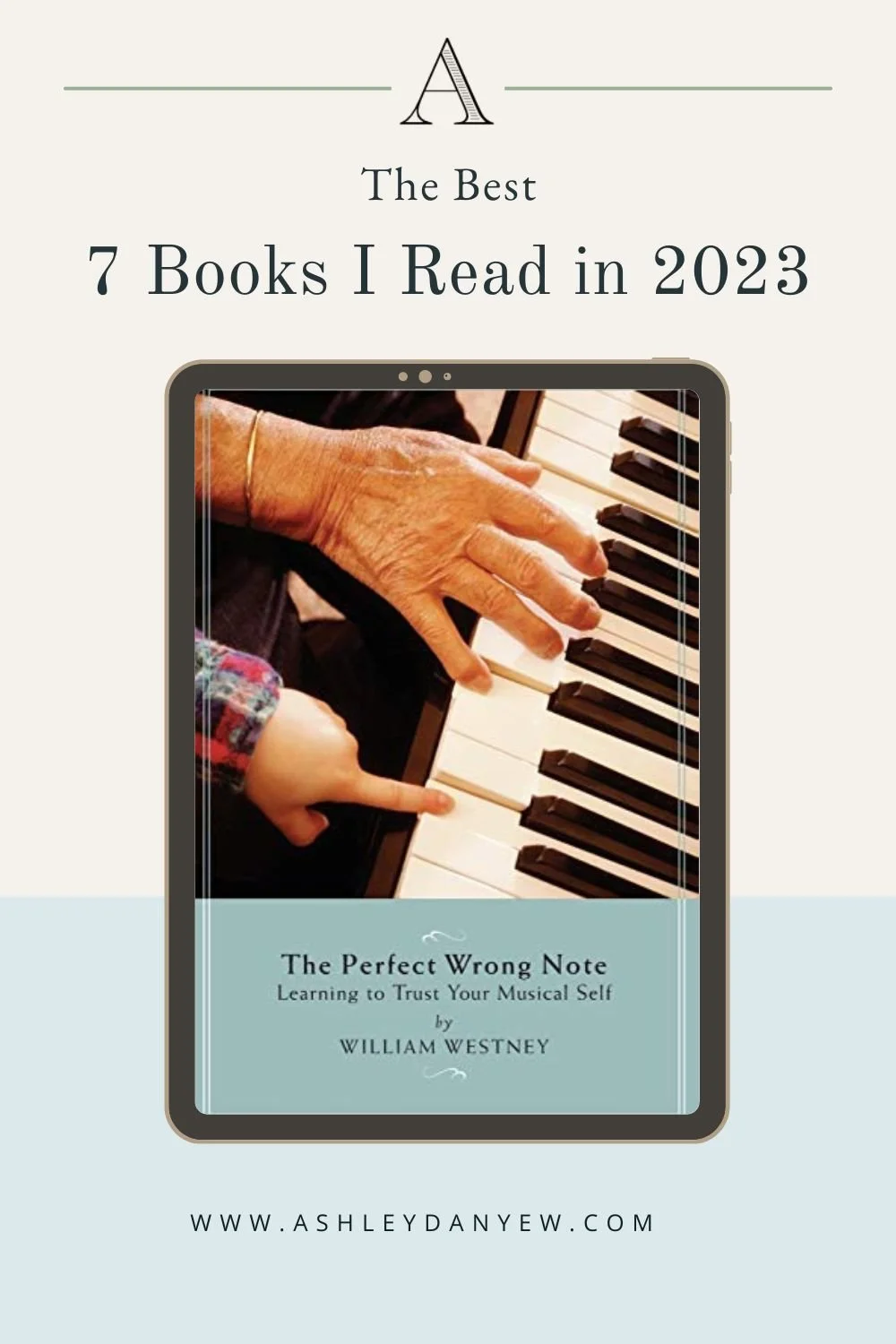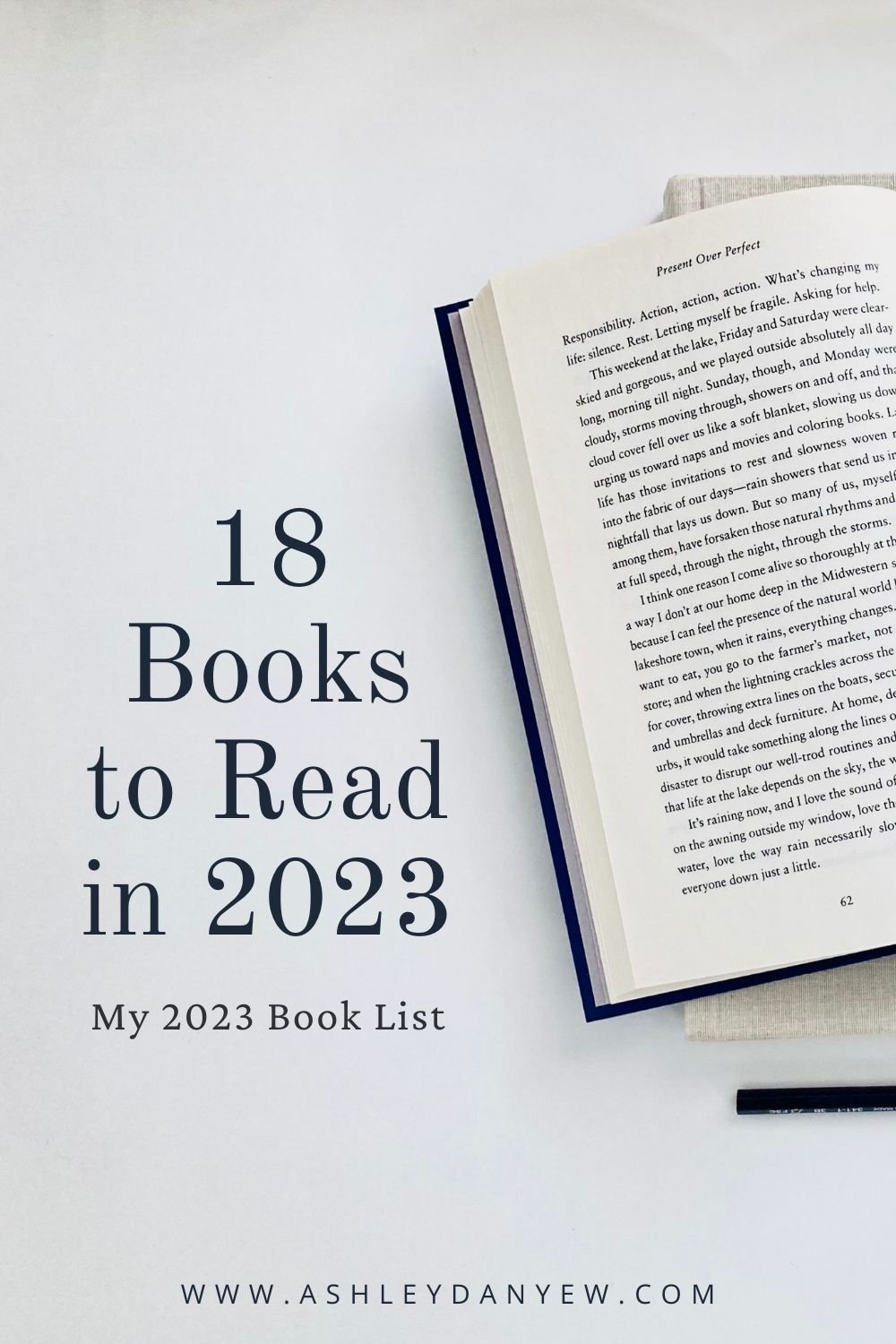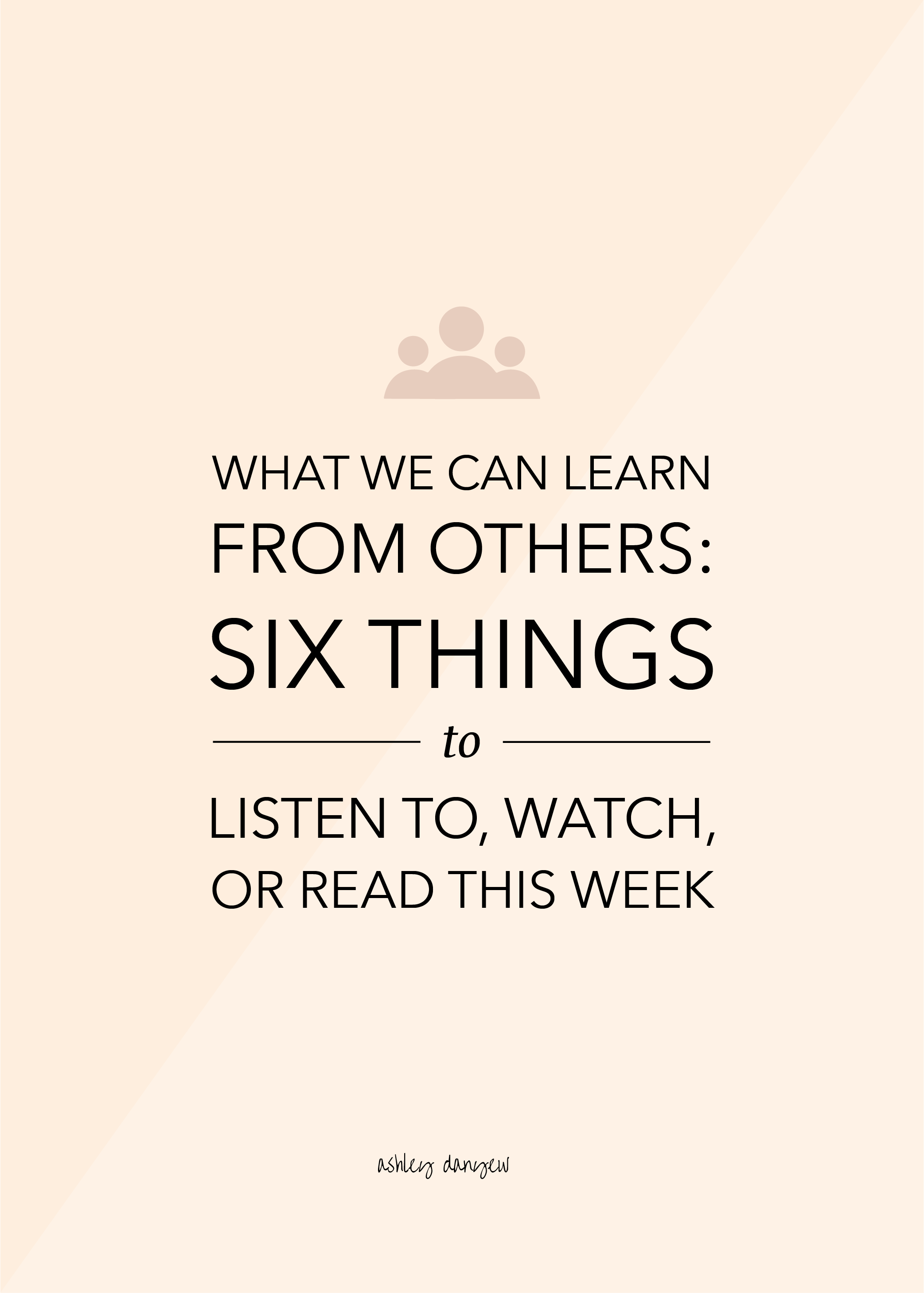"Space," I said as we stepped out into the cool, dark night, gesturing with my hands. I took a deep breath almost instinctively. We walked in silence for a while as we let the worship service sink in. The pace of the readings, the prayers, the music, created an atmosphere of rest and peace—a sanctuary, a haven where we were free to just be. There was a sense of timelessness in this service—neither of us had any idea what time it was and it didn't matter. As we turned our hearts toward worship, the things of this world faded.
We have grown accustomed to sound and noise as a backdrop for just about everything we do, but our listening is surface-level. We are used to having information at our fingertips, but we skim instead of reading. We are always connected via the worldwide web, but we are often disconnected from the present. No wonder our attention spans are so short! When do we give ourselves permission to do one thing at a time? When do we take the time to sit and listen, to put our phones on silent, to breathe deeply?
"He made the entire human race and made the earth hospitable, with plenty of time and space for living so we could seek after God, and not just grope around in the dark but actually find Him." - Acts 17:26-27
Our busy, fast-paced, impatient world does not often leave room for encountering space or dwelling in it for a short time, but worship is supposed to be different. It's supposed to draw us into God's presence, to create space for Him to move among His people. Worship is not instant or immediate—it's a process, of rendering, of believing, of trusting, of hoping, of listening.
"When life is heavy and hard to take, go off by yourself. Enter the silence. Bow in prayer." - Lamentations 3:29
There were two layers of space and time in this service: space in between elements (readings, hymns, anthems, etc.) and space in the elements themselves. Do you know how slowly you need to read before your spoken words really sink in for listeners? Pretty slow. Whether it's a Scripture reading or a written prayer, leave space. Let those final consonants linger for a minute. Let the richness of the text sit for a second before you move on.
"But oh! God is in his holy Temple! Quiet everyone—a holy silence. Listen!" - Habakkuk 2:20
Leave some space between the spoken elements of the service and the musical elements. Pause before beginning the hymn introduction.
"Silence is praise to you, Zion-dwelling God, And also obedience. You hear the prayer in it all." - Psalm 65:1-2
Take a deep breath and begin in a tempo that accommodates breathing. SD reflected later, "The tempo and phrasing was so in tune with my breaths that it felt like I was controlling the accompaniment—it was just right." There was space in between verses and in between phrases. The tempo not only facilitated good singing but also reflection on the text as we read the theology together.
This worship experience was transcendent, outside of the world in which we live. Go there. Go to that place where there's space and silence and room to breathe. Take it all in. Listen, sing, pray, and rest in the sanctity of this sacred space.














































